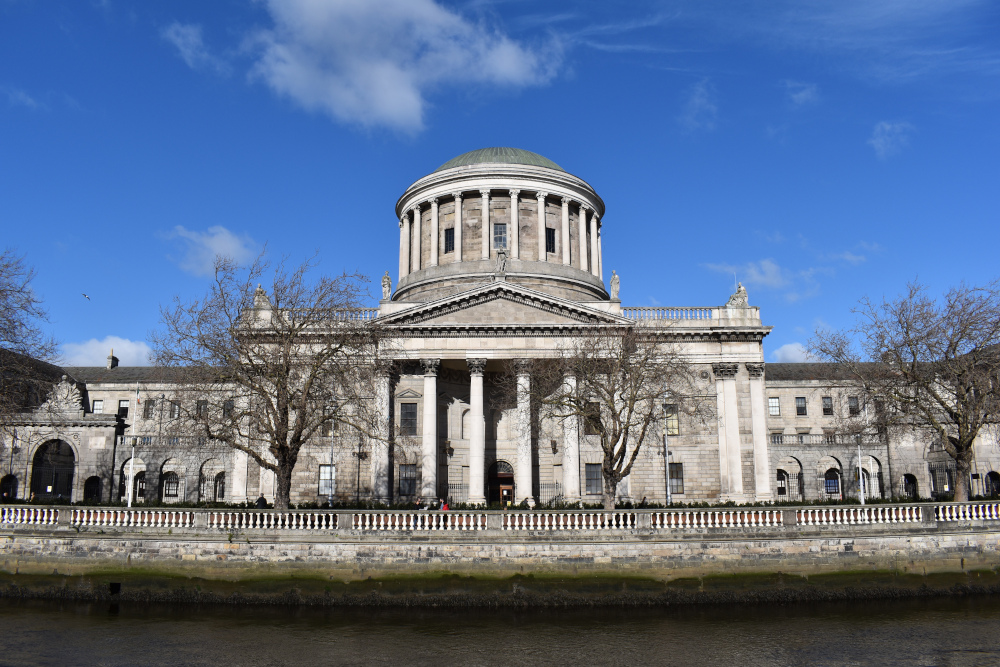Jude Murray BL: Court of Appeal confirms creditor can be substituted in bankruptcy proceedings

A recent Court of Appeal judgment, In the matter of a Bankruptcy Petition by Allied Irish Banks PLC v Flynn [2022] IECA 60, confirms that the Rules of the Superior Courts can be used to substitute a creditor in bankruptcy proceedings.
The background of this case was that AIB sold a debt to Everyday Finance. Debt is an asset and can be bought or sold. The defendant maintained that he did not owe Everyday Finance, because he had borrowed the money from AIB. Specifically, the defendant’s appeal related to bankruptcy proceedings that had been brought by AIB, and the defendant maintained that Everyday Finance had been unlawfully substituted as the plaintiff in those proceedings.
In a judgment delivered on 14th March 2022, the Court of Appeal (Costello, Haughton and Murray JJ) said that Order 17 of the Rules of the Superior Courts can be used to substitute a creditor in bankruptcy proceedings. The court confirmed that the very purpose of substitution is efficiency: to avoid unnecessary costs, delay, and wasting of court time. The court said that a defendant is not entitled to acknowledge a creditor in order to benefit from a personal insolvency arrangement and then deny the creditor in an effort to avoid bankruptcy proceedings.
In refusing the appeal and affirming the High Court decision of Pilkington J, the Court of Appeal said:
-
That Order 17, rule 4 of the Rules of the Superior Courts can be used to substitute a creditor in bankruptcy proceedings.
-
That a deed of transfer constitutes an “event” within the meaning of Order 17, rule 4.
-
That Order 76 is not a self-contained bankruptcy code, and that other Rules of Court are also applicable to bankruptcy matters. That Order 76 interacts with other Rules of Court and vice versa.
-
That an act of bankruptcy does not have to be personal to a petitioner. That bankruptcy proceedings are collective proceedings that affect all creditors.
-
That the appellant acknowledged his debt to AIB and accepted its transfer to Everyday Finance in order to benefit from a personal insolvency arrangement (PIA).
-
That the appellant was not entitled to acknowledge Everyday Finance as the creditor for the purpose of availing of a PIA and then seek to deny Everyday Finance as the creditor in bankruptcy proceedings.
-
That the appellant’s application pursuant to section 115(a) of the Personal Insolvency Act of 2012 was invalid, because a single creditor did not constitute a class of creditors and did not meet the requisite majority of 50 per cent of the debt owed.
-
That the appellant ought to have sought leave to introduce new arguments at appeal stage, and had the respondent taken issue, the Court of Appeal would have dismissed new arguments that were introduced by the appellant.
-
That a creditor is entitled to substitute at any stage of proceedings, even after judgment and at execution stage.
-
That the repeal of section 121 of the Irish Bankrupt and Insolvent Act of 1857 did not mean that substitution is not possible in bankruptcy proceedings, because section 121 did not deal with assignment of debt.
-
That matters to be decided at the hearing of the bankruptcy petition, not at the appeal stage, include whether Everyday Finance will be entitled to rely on undertakings given by AIB.
-
That the High Court found that Everyday Finance was an assignee on the balance of probabilities, which is a higher threshold that the required prima facie threshold set out in Order 17, rule 4.
-
That an example act of bankruptcy includes not paying the sum owed within 14 days of service of a bankruptcy summons, as per s.7(1)(g) of the Bankruptcy Act 1988 (as amended).
-
That the appellant waited too long to challenge the validity of the bankruptcy summons. That a debtor must raise any issue he has as to the identity of his creditor at the time the new creditor asserts its claim in lieu of the original creditor.
-
That the purpose of allowing substitution is efficiency; to avoid unnecessary expense and wasting of court time. That it is not in the interests of justice to force the re-starting of legal proceedings, which have often been lengthy and costly up until a point of substitution.
-
That an application under Order 17, rule 4 can be made ex parte and the applicant is only required to show that, on a prima facie basis, there has been a change of interest.
-
That Order 17, rule 4 normally allows for a party to contest the validity of a change of interest, but that this did not apply in the instant case because the appellant admitted in his personal insolvency arrangement application that Everyday Finance was an assignee.
-
That the respondent was entirely successful and was awarded costs, and that no special circumstances existed to say other than that “costs follow the event”. That the appellant was entitled to appeal the costs order within fourteen days of the electronic delivery of judgment, and that he runs the risk of incurring the further costs of such an appeal.









